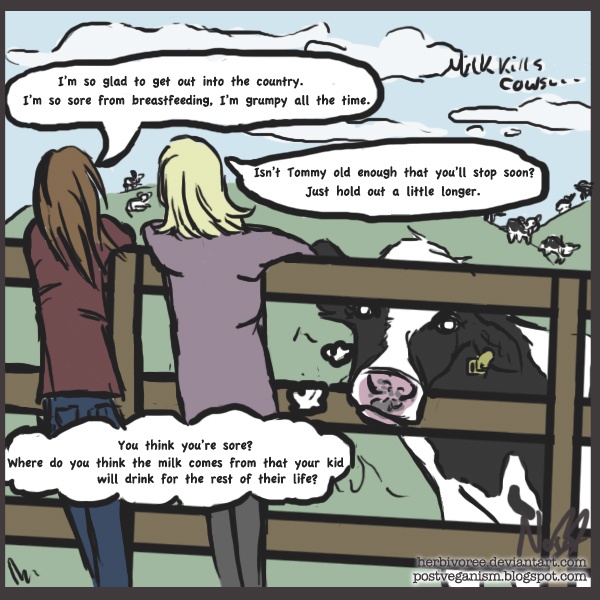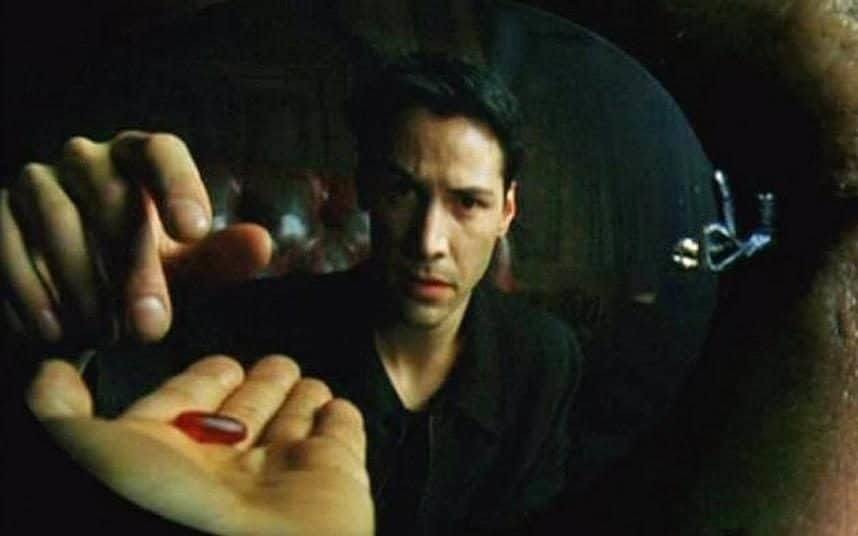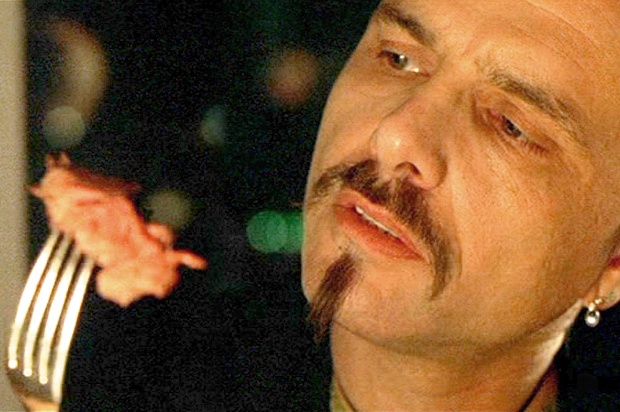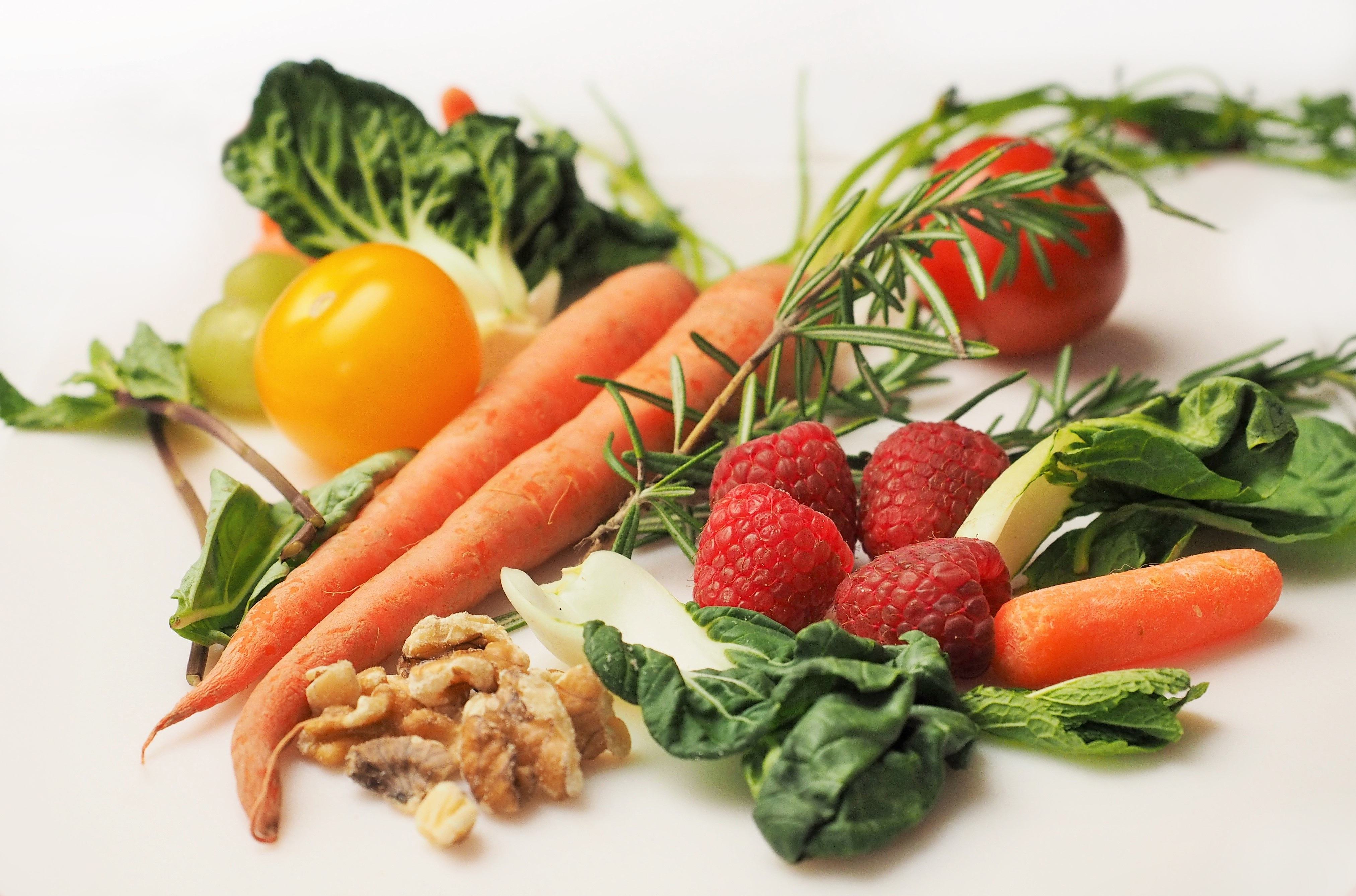‘I could never do that’.
This is the answer I mostly hear from people once I’ve told them that I’m a vegan. And the truth is: I thought the same way before. I’ve eaten meat my entire life – like most people. Maybe I even overdid it a little bit. I’ve followed the typical bodybuilding diet, rice and chicken with nearly every meal. This sometimes resulted in over 1 kilogram of meat a day.
This is not what I would consider a healthy meal nowadays, but I’m pretty sure I wouldn’t have cared if someone told me so back then.
It’s now over two years that I’ve became a vegan and I haven’t looked back. If you want to know more about how I stay energetic being a vegan, check out my other article: How a Vegan Diet Keeps Me Energized, Mentally Sharp and Full of Drive
But here in this post, I will tell you what ‘going vegan’ really means, why it matters to you and the exact steps to take to become a vegan.
Table of Contents
What going vegan really means
Rather than think of veganism as an identity, it makes the most sense to use it as a concept that inspires you to remove animal products from your life. Sometimes, it’s not fully clear whether a given food or cosmetics ingredient comes from animals, but you will get used to it pretty fast.
A vegetarian diet is commonly understood to forbid meat and fish, but to allow both eggs and dairy. The word vegan takes this concept to the next level, cutting out every item of animal origin. Vegan refers to anything that’s free of animal products: no meat, milk, eggs, wool, leather, honey and so forth.
Following such diet or lifestyle, as you may call it, brings three big advantages:
- Increasing the well-being of animals through the avoidance of their consumption (possibly a no brainer)
- Bettering your health by minimizing the exposure to possible pathogens (such as red meat, which is a known group-1 carcinogen)
- Helping the planet by reducing your environmental footprint (through the reduced CO2 emission and methane, which livestock, especially cows, produce)
No matter the degree to which you ultimately embrace the vegan concept, it makes sense to begin your transition by emphasizing dietary choices. Because the overwhelming majority of animal use associated with your life almost certainly arises from your food choices:
How I started going vegan
You may not believe me when I tell you that, but I loved the taste of meat. I’m not going to lie. I remember telling a friend of mine after going vegan that I’m just trying this vegan-thing out and that I’ll probably have to eat a Big Mac again soon and ‘treat myself’.
I was the guy eating chicken and rice out of the Tupperware, while everyone was enjoying the cafeteria lunch at work. My mother worried about me, because while everyone was busy eating dinner in our family home, I was the only one standing in the kitchen, cooking my bland turkey.
I used to write down everything that I ate. I still have my MyFitnessPal entries from back then. Looking at them nowadays is shocking. 500 grams of low fat quark at 5am in the morning. 1 kilogram of unseasoned chicken on a daily basis.
If you want to know the honest reason why I went vegan, the true reason for this dramatic shift – here it is: My girlfriend at that time gifted me a book called ‘Eating Animals’, by Jonathan Safran Foer. After devouring the book in less than a week and going through the following weeks of denial, I finally decided to slowly transform into becoming a vegetarian.
After reading such horrific stories about the daily lives of animals in factory farms, it seemed like a logical next step for me. In retrospect it probably was the combination of love and the hero syndrome. I always wanted to be the one that does the right thing, even if everyone was against it.
While I was contemplating if I should go vegan, I’ve felt like Neo in the Matrix. Choosing between living life with the bliss of ignorance or living life facing the brutality of reality.
After making the decision to go vegan – to take the red pill – everyone in my social circle thought that I was going crazy. ‘You will lose all your muscles!’, ‘This can’t be healthy.’ and ‘You won’t last longer than two weeks.’, were things that I heard on a regular basis.
If I wouldn’t have informed me thoroughly, I wouldn’t have been able to withstand all this negative criticism with facts and data. If I wouldn’t amassed the right knowledge before going vegan, I would’ve spitted out the red pill within a month. Or as in the Matrix – what a great coincidence – ate a traitorous steak.
Going vegan reminds me of the crypto marketplace. Bare with me:
I’ve made a couple thousand dollars with cryptocurrencies in the last year. Most people that I know have sold their cryptos for a loss or a minuscule profit. Because when the crisis hit, everyone has sold their stakes, disregarding the enormous potential behind it.
What made me able to make money of Ethereum and Bitcoin and co., was my knowledge behind the structures of the cryptocurrencies. The potential of the Blockchain, smart contracts and the problems in the financial markets that it might be able to solve. I’ve gained this advantage by reading a simple book.
Until now this might’ve seemed like a far stretch from veganism. But you have to realize that in the life that we live in, there are very few things that are more important than knowledge.
Is going vegan for everyone?
A long-term transition to a healthier diet can be recommended to everyone in my opinion. But if you fit into one of these categories, you should not follow a complete vegan diet right now:
- Pregnant women, with no experience of following a vegan diet before.
- Suffering from a severe mental or physical illness, where your doctor is actively advising against following a vegan diet.
- Suffering from intense stress. Like a burn-out or a recent break-up.
If you fit into the previously listed categories, a drastic switch is not recommended in this moment as the short-term stress might harm you or others around you.
If you still feel unsure whether or not you are fitted for the plant-based nutrition, visit a competent physician near you. You can find plant-based doctors in your area, by visiting PlantBasedDoctors.Org.
A step-by-step guide to become a vegan
I wrote down a step-by-step plan for you to slowly get drawn into this vegan journey. Before you know it, you’re already in a good routine.
1. Ask yourself why you want to become a vegan
You see me talking a lot about your ‘Why’. I can’t stress this one enough. Asking yourself ‘Why’ is so important. You have to know yourself, not just if you want to become a vegan, but if you want to live a good life. Introspection is a crucial skill that you have to develop.
Start asking yourself the hard questions:
- Why do I do what I do?
- Why am I going to work?
- Why do I want to follow a vegan diet?
These questions will show you your motivations and give you a glimpse, of who you really are. They will also make achieving your goals much easier.
2. Change your mindset
My biggest ‘Why’ was simply my urgent need to live a life of self-control and integrity. I have a strong need to simply do what is right. After reading the book Eating Animals by Jonathan Safran Foer,[1]
I first tried to reject the information and forget what I’ve just read. But every freaking time I’ve eaten a chicken, I’ve felt guilty and shameful. I knew that eating meat would give me a lot of pleasure, but I also knew that one’s own primitive needs shouldn’t outweigh one’s morals and principles. I mean otherwise you could justify rape.
You have to change your mindset to the point when you realize that instant gratification should not be the epitome of your life. This shouldn’t sound woo-woo, but start to look at the big picture.
3. Be prepared for resistance
You need to know what you’re talking about when you’re becoming a vegan. Whenever you’re swimming against the stream, you will, by the laws of physics, face resistance. The only way to withstand this resistance is by preparation.
Next to reading my articles on Lifehack and visiting my Youtube channel, I advise you to read the following books. These books alone will give you more knowledge about healthy nutrition than 99% of the general population. The big three are:
- How Not To Die – A book with over 2,400 five star reviews on Amazon. How to prevent our leading causes of death with nutrition. All proceeds from the book go to charity.
- Eating Animals – The ethics behind eating animals, as the book title says. The one book that made me go vegan.
- The China Study – A book about the most comprehensive study ever done on the relation of diet and human health. A second book on health, as the biggest argument you will get into, regarding veganism, will be about the health aspects.
4. Set a new standard for yourself
After fool-proofing yourself with the necessary knowledge, your main goal should be to set a new standard. And the only way you’re setting a new standard in the long-term, is by making a sustainable transition.
Eating plant-based is normal for me. I don’t feel restricted in any way, veganism means living a more natural and ethical life for me. My diet is full of vegetables, fruits, whole grains, ‘plant-milks’, seeds and beans.
I don’t wear fur nor any other animal skin. Not because I don’t have to, but because I don’t want to. I mean: I’d rather consider the place where I live, love and laugh a garden, not a cemetery.
Going vegan also means saying no to immediate gratification and taking a look at the bigger picture. Going vegan signals self-control.
By going vegan you’re setting your own gratification aside for the bigger picture. Be it for your health, the planet or the animals. You’re setting priorities and you show that you live a life of principles.
5. Analyze your eating habits
People often tell me that they have never eaten anything vegan. Which is of course complete bullocks. If you’ve ever eaten a banana, you’ve eaten vegan food. Chances are you’re already eating vegan to a pretty high degree.
To find out to what degree, write down how your current eating habits look like. This may be tedious but this is golden. What do you eat from breakfast to dinner? Once you’ve figured out what you’re currently eating, you can think about how you can better your eating habits.
To make keeping track of your daily diet easily, I recommend you to use the app MyFitnessPal. It’s free and easy-to-use.
6. Eat more whole-food, plant-based foods
Instead of advising people to stop eating what they’re currently eating, I like to advise them that they should simply eat more of the good stuff. Research has shown that people even lose more weight when they’re advised to eat more veggies instead of being advised to eat less sweets. If you’re eating brown rice, broccoli and chicken for lunch right now, I’ll advise you to simply double the portion size of your broccoli and rice, while keeping the chicken portion the same size.
After some time you’ll crave healthier and healthier foods. Making it far easier to eat good nutrition. You’ve developed a habit before you know it.
If you want to know more about vegan foods, check out my other article that gives you 40+ vegan recipes ideas.
7. Buy vegan alternatives
After you’ve analyzed your eating habits, highlight the meals where you’re currently eating non-veggie. Meals containing meat, dairy, honey and cheese.
Buy vegan alternative foods for these meals. Nowadays these vegan-foods can be found in nearly every supermarket. It’s absolutely easy to find alternatives. Like cheese on your pizza? Guess what, there are vegan alternatives for it. Always liked eating grill ribs? Yes, there are vegan grill ribs available. I’m not joking, the possibilities are nearly endless.
8. Buy vegan clothes
This is the last and hardest part. I don’t advise you to throw your current clothes away. Instead I’ll advise you to buy ethical new clothes. Pay special attention when buying jackets and shoes. You want to stay clear from wool and leather.
The shoes are usually the trickiest part to find while being a vegan. Here’s a guide on your shoes, which are probably the hardest clothes to buy vegan:
Going vegan can be easier than you might think if you simply follow these proven steps. Even if it may be challenging at some point, in the end, swallowing the red pill will be worth it, trust me.
Reference
| [1] | ^ | Jonathan Safran Foer: Eating Animals |

















































